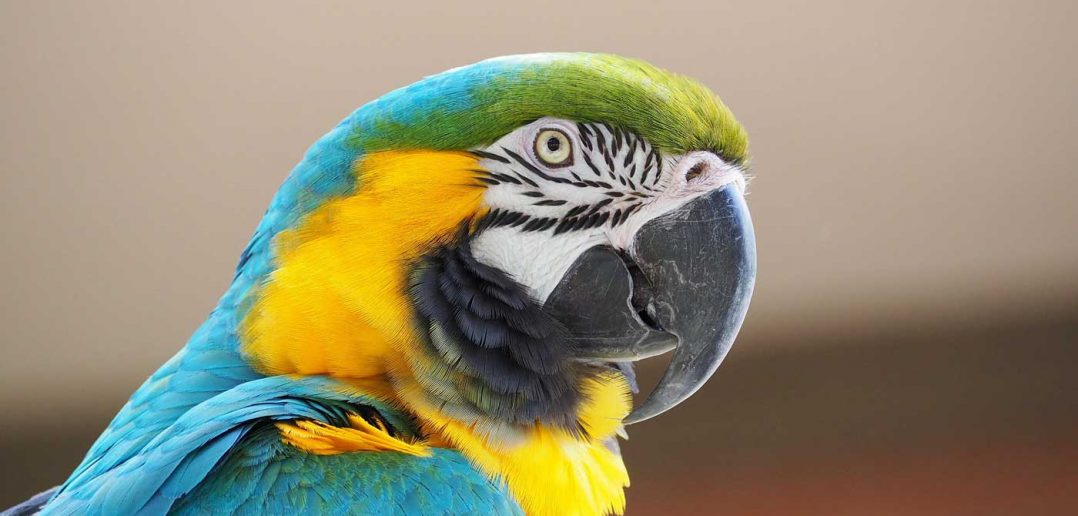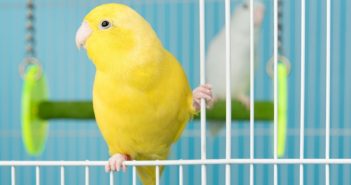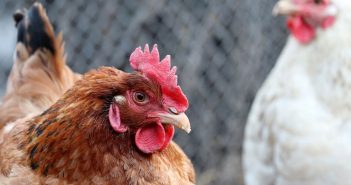Parrots make great pets because they’re beautifully colored and have the unique ability to imitate human voices. Importantly, parrots are intelligent, which makes them sociable and affectionate companions that require stimulation beyond a few toys or a couple of minutes’ playtime at the end of your workday.
So one of the most important things to consider before buying a parrot is how much time you can give to him or her. Parrots’ life spans, (particularly large parrots) rival human life spans, and so buying a parrot means gaining a companion for life.
Research suggests that a parrot’s time is divided up between eating, resting and playing. While you can diversify her diet by offering things like mineral chew stones and seed toys, you can really bond with your pet during play time. Try not to leave your parrot unattended or in silence for too many hours of the day as this can result in a bored or depressed bird. During work hours, turn on the radio softly, and try to look in on him during lunch times.
At the same time, parrots have adapted incredibly well to living in parrot cages (kind of like “her cage is her castle”), and even to having their wings clipped, in part because they live very well in company and bond easily with their owners. You can keep your parrot entertained with a wide range of toys, made from wood, leather and rope, and consider making your own from champagne corks, envelopes, string, toilet rolls or bells. Remember to ensure that there are no colorants or sharp items that can harm your bird.
It’s important to exercise your parrot. You can do this in your house or in the garden, depending on your set up. Get smooth, non-poisonous branches as perches for him, and offer him new experiences such as taking a bath, meeting insects in the garden or letting him climb a safe piece of furniture. You’ll find that your parrot will slot in with your routine – going to bed when you cover his cage at night, and waking up when you stir in the mornings – making him a cheerful, easy companion to live with and returning your affection tenfold.
Written and submitted by Caitlin, a writer working in Edinburgh. She owns an African Grey Parrot named Oscar who is 14 years old. She rehabilitated him after removing him from a home where he was treated badly, but he’s doing much better now. She also owns a parakeet named Rudy who is 4 years old.





1 Comment
My friend has 5 parrots, I have 2 parrots and a cockatoo 🙂